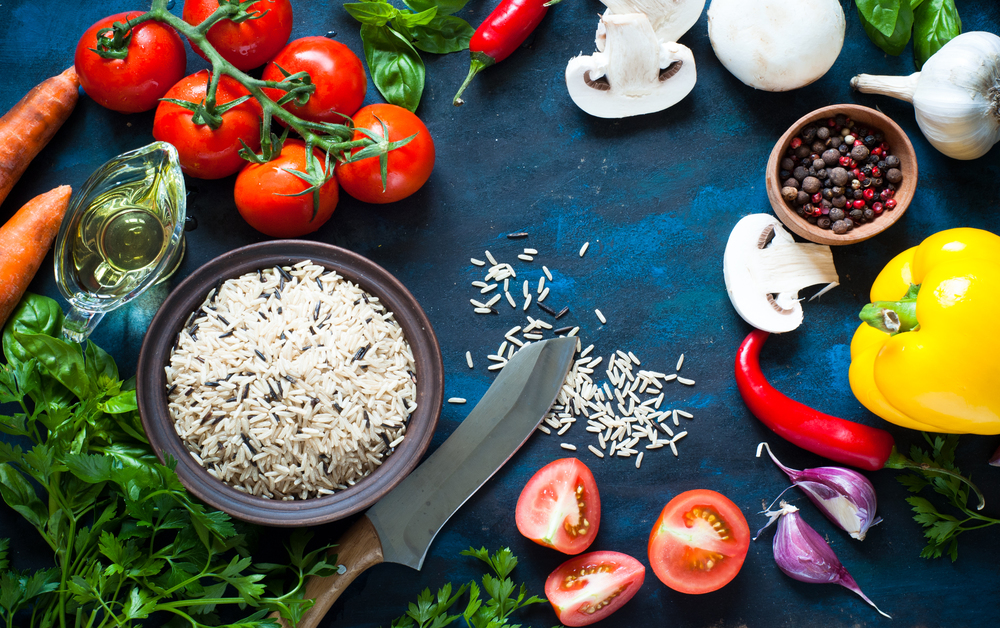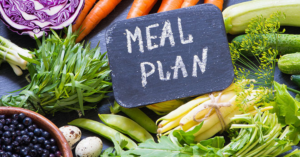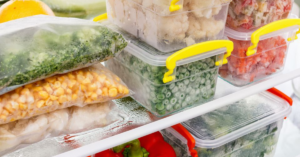When it comes to cooking our own meals, everyone’s aim is to cook well, cook often, and cook within a budget. It is commonly believed that healthy eating is a luxury that everyone can not afford. This article will give you some important tips for cooking on a budget. After going through the article you will be able to prepare healthy meals that are also light on your pocket! Seriously guys it’s no rocket science, there are several ways to save money and still eat foods that have high nutritional values and can also satisfy your cravings.
Generally speaking, cooking meals for yourself is way cheaper than eating at restaurants. It will require some effort in the beginning, but once you get used to it, it will be a better option for a number of different reasons. Here are some tips for cooking on a budget that will help you prepare your own healthy meals.
1. Plan your meals for cooking on a budget
Planning your meals is the first budget-friendly habit that we should incorporate into our lives. Meal planning can lead to smart cooking as it is time-saving and makes it easier for us to stay on a budget. Planned meals mean planned grocery shopping and hence, saving money.
2. Make a grocery list
According to the meal plans, we can make a list of groceries that we will need. By making a grocery list, we will be motivated to look for recipes that need the fewest ingredients. This tip will help to keep us focused while grocery shopping as we will strictly stick to the list, hence all that extra spending can be easily avoided.
3. Order your groceries online – one of the most important tips for cooking on a budget
This tip is THE SAVIOR! Taking my own example, I am a sucker for pasta, and I lose all control when I see those different types of fancy bread in the grocery stores. For a person like me, it’s a pretty bad idea to go grocery shopping while being on a tight budget. By ordering groceries online, we can be free of the risk of spending extra money on junk food and other fancy stuff that we don’t even actually need and just want to buy it because we saw it on the internet in a random recipe video.
4. Think which meals are healthy and can last longer
While cooking our food, we should have a plan about what we are going to do with the leftovers. It is recommended to cook meals that last longer. Long-lasting meals can be easily used again in the original or a modified form. It is useful if we cook large quantities of food and store it for later rather than cooking new food for every meal as it will take more of our time. This will save us from the drill of first deciding and then cooking. Also, cooking your food in large quantities means fewer food deliveries and ultimately, saving money.
5. Try to cut meat from your diet
Cutting meat from our diet will not only benefit our pocket but will also benefit the environment! Eating vegan at home is one of the best favors that we can do to our budgets and health. Buying fresh vegetables and fruits can help us to prepare instant healthy meals. By cutting eggs, meat, and dairy from our diet, we can save a lot of money and switch towards a sustainable lifestyle. If you are someone who cannot completely cut all these items from your diet, start by slowly reducing the consumption.
6. Stock up on cheap staples
By making sure that we always have some affordable staple foods on hand like beans, grains, oats, and potatoes we can make sure that we don’t spend extra on groceries. We can combine these items with our favorite spices and vegetables and can prepare healthy, fulfilling meals.
7. Save and freeze your vegetables
Are you worried because you hardly get time to do groceries and have to stock up on vegetables? Here’s a tip to make your life easier. Vegetables are very easy to store. All we have to do is wash them, chop them, put them into airtight bags or plastic containers, and freeze them. We can easily use these vegetables to prepare soups or any other recipes instantly when needed.
Cooking on a budget is not as difficult as it seems. Little changes can take us a long way and we can save all the money that we are used to spending on junk food, food deliveries, and grocery items that we don’t even need.
















